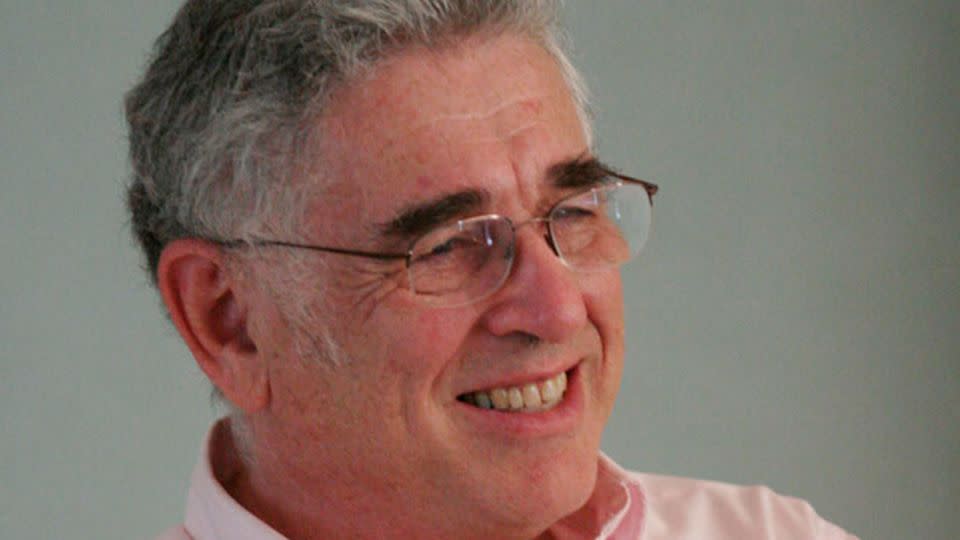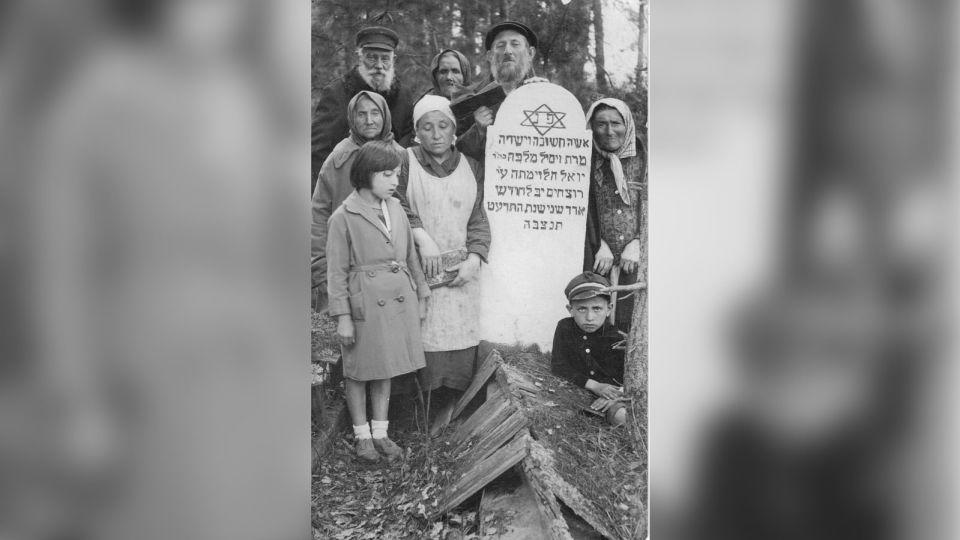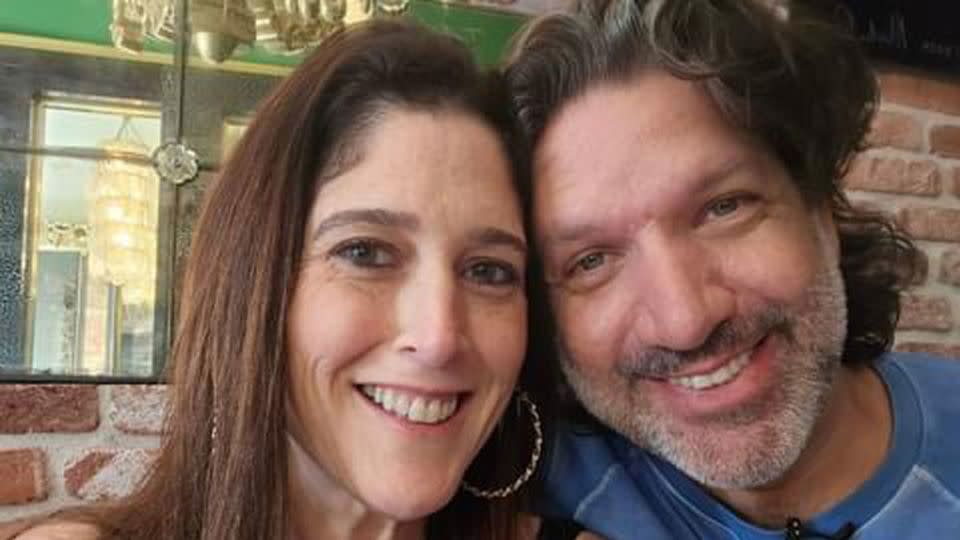Opinion: My grandmother was killed in a pogrom. Then my daughter was, too
Editor’s Note: S. Ilan Troen is the Lopin Professor of Modern History emeritus at Israel’s Ben-Gurion University and the Stoll Family Professor of Israel Studies emeritus at Brandeis University. His forthcoming book, “Israel/Palestine in World Religions; Whose Promised Land?,” is set to come out in February. The opinions expressed in this commentary are his own. Read more opinion at CNN.
“Never again!” It was never supposed to have happened. But it has, and is. We are witnessing in real time a pogrom. We thought that the most extensive pogrom — the Holocaust — would mark the end of the terrible record of violence against Jews, just because they are Jews. Not so.

A pogrom is an official act by a government or similar polity, not the mere sick initiative of a single antisemite engaged in a limited one-off event. The historical progression of pogroms is clear: Eastern European antisemitism to Nazi racism that extended across most Europe to the current Hamas brutality against Jewish civilians wherever they find them.
The word “pogrom” entered the English language in the last two decades of the 19th century in the wake of massive outrages against Jews encouraged and supported by the Russian Czarist regime. “Pogrom” in Russian means “to wreak havoc” or “to demolish violently.” Its use immediately entered Yiddish in the aftermath of the widespread government-sponsored pogroms initiated in 1881-1882, and the term subsequently spread into other languages.

Those two years were some of the most significant in the multi-millennial history of the Jewish people. The pogroms were the catalyst for the beginning of mass migrations to Western Europe, across the Atlantic Ocean and elsewhere around the globe, including back to the homeland — to Zion, whether termed Eretz Hakodesh (The Holy Land), Palestine or Israel. Jewish populations in North Africa and the Middle East also found themselves subject to pillaging and riots throughout history, particularly after Israel was founded in 1948 and most were forced to flee.
Few Jewish families have escaped pogrom-style attacks and their consequences entirely. Most in the American Jewish community are descendants of those who sought safety across the Atlantic. My own experience is so terribly typical. I am named for a grandmother who was murdered in her village, Derazhne, near Rovno (now Rivne) in what was once Poland and is now Ukraine. Her death in the spring of 1919 came during a stretch of time when 150,000 Jews were murdered. Ukrainian leader Symon Petliura’s banditim, or criminal bandits, intoxicated with nationalist-religious fervor, attacked a small, peaceful, agricultural village, where they murdered and violated Jews.

My mother witnessed her mother’s brutal end but somehow survived. The scar remained throughout her life, though, and affected how she so determinedly cared for and protected her own children. It is now my daughter, Deborah Mathias, who was so brutally murdered, together with her husband, Shlomi Mathias, in a kibbutz on the Gaza border, where they were committed to mutual understanding and peaceful coexistence. They were shot in the presence of their son, whose life was saved by my daughter using her body to shield him as she fell. He is recovering from a bullet that passed through her into his abdomen. He is mending, but that experience will remain and will be passed on.
Perhaps this time “never again” will take hold. There is a difference, after all. My ancestors were defenseless. But in Israel, we can protect ourselves and we will respond. We have confidence that the Jewish people will endure in what is now one of the largest Jewish communities in our people’s long history. Czarist Russia and the Nazi regime are gone. We shall persist. Hamas and other antisemites do not have the power to terminate what was initiated on this land more than 3,000 years ago. It is for good reason that we read in the Bible that the Highest Authority called us a “stiff-necked” people.
For more CNN news and newsletters create an account at CNN.com

